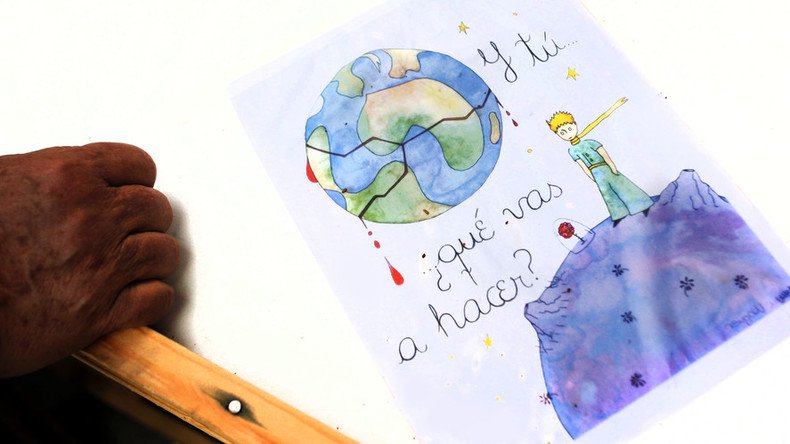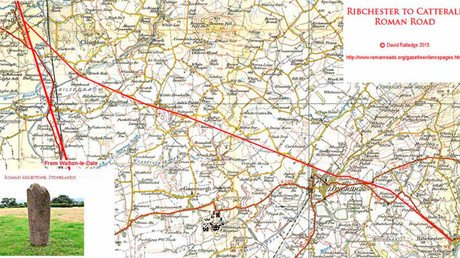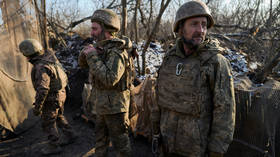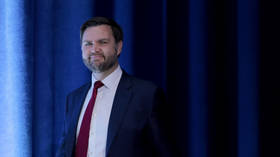Popular fairy tales date back to the Bronze Age, academics suggest

Once upon a time, in a land far, far away, academics discovered that the fairy stories passed down from generation to generation may have originated much earlier than previously believed, with some tales dating back to the Bronze Age.
Researchers at Durham University used techniques normally used by biologists to trace the stories back to prehistoric times. The academics examined the common elements from different stories to establish which roots had contributed to modern-day fairy stories.
Anthropologist Dr Jamie Tehrani worked with folklorist Sara Graca Da Silva from the New University of Lisbon, and both believe that the research has answered many questions about British cultural heritage.
The researchers say they agree with famous fairy-tale author Wilhelm Grimm, who, with his brothers, wrote down famous oral tales in the 19th century. Grimm believed that many of the popular stories dated back to the birth of Indo-European languages.
“We can come firmly down on the side of Wilhelm Grimm,” Dr Tehrani said.
“Some of these stories go back much further than the earliest literary record and indeed further back than Classical mythology – some versions of these stories appear in Latin and Greek texts – but our findings suggest they are much older than that.”
The academics also examined the famous tale of Jack and the Beanstalk, which was originally part of a series of stories called The Boy Who Stole Ogre’s Treasure, and found that its roots could be traced back to 5,000 years ago.
Beauty and the Beast and Rumpelstiltskin were also discovered to be around 4,000 years old. The oldest tale was discovered to be a folk story called The Smith and the Devil, which is believed to date back to the Bronze Age.
The researchers used a technique called phylogenetic analysis, which was originally developed to examine the relationships between species, and used it to create a tree of Indo-European languages to trace the roots of the tales.
“We find it pretty remarkable these stories have survived without being written. They have been told since before even English, French and Italian existed. They were probably told in an extinct Indo-European language,” Dr Tehrani said.
He added that the commons themes of love, family, betrayal and morality were part of human nature.
“I think it is human nature to think about that territory, about the edges of what is possible and impossible.”














